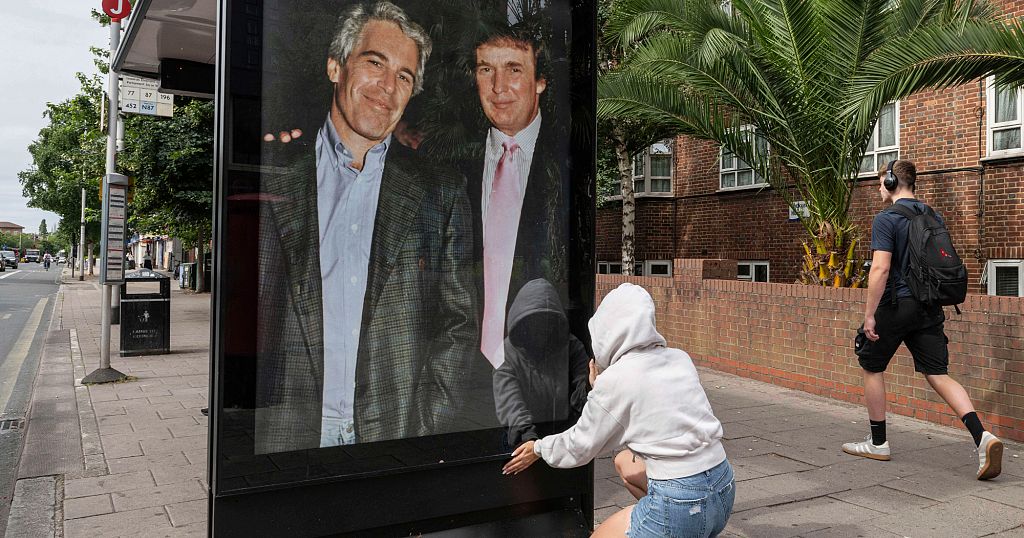The U.S. government has announced plans to seek court approval to unseal confidential records tied to the long-running Jeffrey Epstein case, a decision that follows intensifying demands for transparency amid renewed political tensions. Attorney General Pam Bondi confirmed her office would formally request the release of grand jury materials from Epstein-related investigations, a process that legal analysts describe as uncommon given the strict confidentiality typically surrounding such proceedings.
Grand jury testimonies are routinely shielded to safeguard witnesses and individuals not formally charged, making Bondi’s move a notable exception. The announcement arrives as the administration faces bipartisan pressure to address unanswered questions about Epstein’s network and alleged crimes. The financier, who was awaiting trial on federal sex trafficking charges, died in a New York jail in 2019 under circumstances officials ruled a suicide, though skepticism persists.
“This saga refuses to fade,” said Eric Tucker, a reporter with the Associated Press, referencing Bondi’s pending request. “Grand jury secrecy is a bedrock principle, so this step is significant—but there’s no guarantee the courts will agree to it, or how soon.” Legal experts caution that unsealing could take months, requiring judicial review to balance public interest against privacy protections.
Critics argue the administration’s pledge for openness remains unfulfilled, citing delays and limited disclosures. Meanwhile, renewed attention has turned to former President Donald Trump’s past social ties to Epstein, documented in photos and public appearances from the 1990s and early 2000s. Though Trump has denied close friendship and condemned Epstein’s actions, the connection continues to draw scrutiny as victims’ advocates and lawmakers push for accountability.
Victims’ groups have long sought access to sealed records, which they argue could expose broader complicity in Epstein’s abuse network. Despite recent momentum, uncertainty lingers over whether the release—if granted—would resolve lingering questions or fuel further legal battles. The case’s international dimension, spanning multiple jurisdictions and high-profile figures, adds complexity to efforts for accountability.
As the administration navigates the legal and political ramifications, observers note the enduring impact of Epstein’s crimes on public trust in institutions. For now, the spotlight remains on the courts, which hold the final say in determining what details, if any, will emerge from the shadow of grand jury secrecy.
